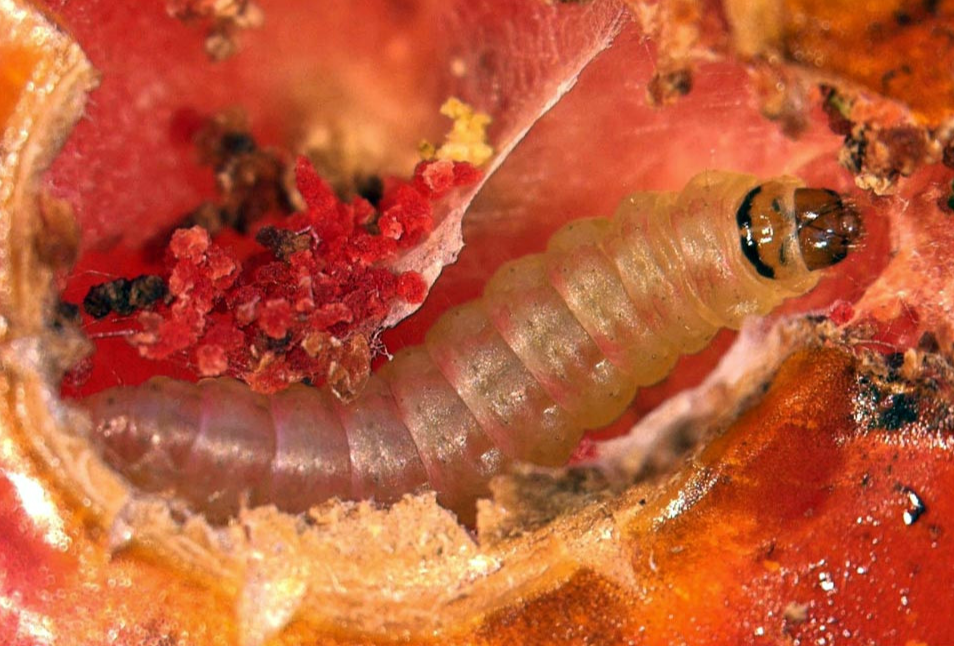Update: New Pest & Disease Records (19 Aug 15)
We’ve selected a few of the latest new geographic, host and species records for plant pests and diseases from CAB Abstracts. Records this fortnight include the first report of Beet western yellow virus on pepper in China, the first report of Botrytis cinerea causing blossom blight on Japanese plums in Chile and the first report…
Free plant clinics set up in Bangladesh
Ten plant clinics have been set up in Bangladesh to provide practical advice to farmers who have crop problems. Read the full story here
Update: Plant Health News (12 Aug 15)
Here’s a taste of some of the latest stories about plant health, including the potential impact of climate change on food security in Sub-Saharan Africa, the use of biocontrol to manage fruit fly in Kenya and the impact of Fusarium on banana production in Honduras. Click on the link to read more of the latest…
Bridging the Agricultural Extension gap through Plant Health Rallies in Uganda
Article published in the Agribusiness Digest, Uganda
Plant Doctors in Nepal start Facebook group to share expertise on plant health issues
Contributed by Vinod Pandit, CABI Country Coordinator for Nepal. All pictures by Vinod Pandit, Facebook group account. Plant doctors in Nepal have created a Facebook group so they can share expertise on plant health issues with each other and farmers. As plant doctors were finding it a challenge to diagnose some of the plant disease…
Plantwise publishes its 1000th Factsheet for Farmers!
Today, we are celebrating the publication of the 1000th Plantwise Factsheet for Farmers (PFFFs) on the Plantwise knowledge bank! PFFFs are written by trained partners in Plantwise countries around the world. Each factsheet provides information on how to recognise the problem, some background details about the problem and offers effective management advice to enable the…
Ecological Engineering Approach for Rice Pest Management-Need to Popularise its Advantages
Example of Ecological engineering in Vietnam (Photo credit: Dr HV Chien) The rice ecosystems are inhabited by more than 100 species of insects. Twenty of them can cause potential economic losses. With the change in the climatic factors and modern cultural practices adopted for production a drastic change has been…
Update: New Pest & Disease Records (05 Aug 15)
We’ve selected a few of the latest new geographic, host and species records for plant pests and diseases from CAB Abstracts. Records this fortnight include the first report of frosty pod rot on cacao in Bolivia, the first report of Sclerotinia rot caused by Sclerotinia sclerotiorum on lentil in Bangladesh and the first reports of Lettuce big-vein…
Factsheet of the month: August 2015 – Sprays against Tuta tomato leaf miner
In recent years, Tuta absoluta has gained a reputation for being one of the most destructive pests of tomato and can cause losses of 80-100% in the field if left unmanaged. Tanzania are feeling the effects of the yield reduction with a 375% increase in the cost of tomatoes in the past 6 months. A carton of…
Plant Health Rallies Launched in Zambia
Blog written by Dorcas Kabuya Chaaba-National Agricultural Information Services,Zambia Rallies are commonly associated with politics, a time when politicians present their ideologies to the electorates in a bid to win votes. But this time around, officers from the Ministry of Agriculture and livestock implementing the Plantwise initiative in Zambia held plant health rallies with farmers…


